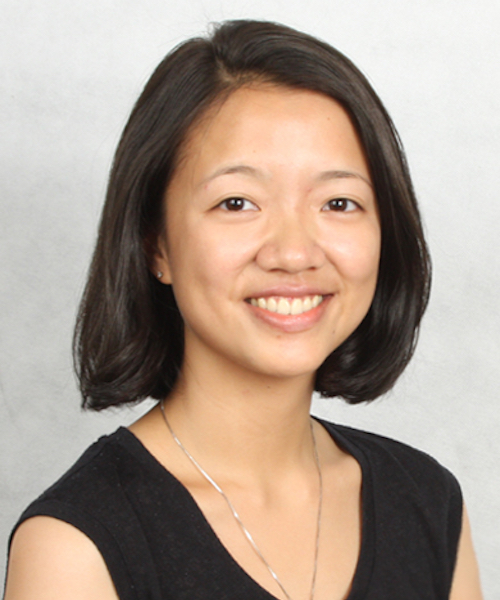
The Behind-the-Scenes Conversations
Andrea Su | August 30, 2019
Responding To: 2018-2019 Student Fellows Reflect on Their Year in the Program
Isabelle Hupez
There is a common saying in politics, “Where you stand depends on where you sit.” This idea is called the Miles’ Law and is named after Rufus E. Miles, a federal official in the Eisenhower, Kennedy and Johnson administrations. This principle in bureaucratic politics explains how one’s position in a bureaucracy determines one’s position on an issue. In a similar way, I have reflected on the many interactions with the Chinese fellows, government officials, journalists, Ambassadors, and think-tank scholars and concluded that “Where you stand on China, depends on where you sit.”
One of the most memorable conversations I recall this year was between the U.S. and Chinese fellows and took place here on the Hilltop during our conference in Washington, D.C. last fall. We were discussing the recent developments in Xinjiang. An estimated 1 to 2 million people in Xinjiang, most of them Uighur Muslims, are held in “re-education camps”.
I was particularly fascinated by the Chinese perspective on this topic. At the time, I was taking a history class on the Islamic World. My professor strongly emphasized the importance of deconstructing civilizational approaches to history. However, the very premise of these “re-education” camps rests on the perception that Uighurs are not “Chinese enough.” Under President Xi Jinping, the Communist Chinese Party has pushed to Sinocize religion, thus shaping all religions to conform to the officially atheist party’s doctrines and the majority Han-Chinese society’s customs. Additionally, there are undeniable strategic economic interests at play as Xinjiang is an important link in Western China as part of the One Belt One Road Initiative.
What struck me the most about this encounter compared to previous conversations I have had with my Mandarin teachers in middle and high school was that I was talking to my Chinese peers. We have lived through the same 20 years of history and yet because of the information we have access to, we have such diverging viewpoints. When I asked the Chinese fellows if they had ever heard a first-hand account of these detention centers, they responded that they could not verify any information as all the news was monitored by the government.
As part of the discussion on Xinjiang, we were divided into two groups and were tasked with defining human rights from the American and Chinese perspectives. Representing our own beliefs was a piece of cake. However, it was when we [the American students] had to defend the Chinese definition that we really challenged our own preconceptions of China and how the Chinese see their role in the world. Ever since World War II, Western democracies have tried exporting the democratic model around the world. In contrast, China has no intention to impose its model to others. Although China’s One Belt One Road Initiative has been considered neocolonialism, Counselor Tang at the Chinese Foreign Ministry shared compelling examples of the Chinese government turning down offers from developing countries that sought to model their education system and politics on the Chinese model.
Interestingly, at a time when democracies around the world are a political mess, China’s leaders have become increasingly self-assured in their own system nevertheless without any projected ambitious for replicating the Chinese way abroad. David Dodwell expands on the shortcomings of democratic systems and the increasingly difficult task of defending democratic politics in terms of delivering superior economic or social progress in this South China Morning Post opinion.
I had not considered the implications of an authoritarian state coupled with the technological frontier in the twenty-first century. During our conference in Beijing in May, we discussed Artificial Intelligence at length. I was incredibly surprised by the response of Chinese fellows when we brought up data privacy. In the words of a Chinese fellow, “The government already has all this information. Why would it matter if companies have it too? After all, it makes shopping online more convenient.”
In conclusion, I take-away from my experience the importance of dialogue. I want to thank Georgetown for giving me incredibly unique and privileged access to engage in profound discussions with leaders in academia, diplomacy and journalism and to the fellows I want to say, “谢谢我的朋友”. Even if we do not agree on how to define human rights and whether to draw a limit on the data that AI will have access to in the future, we can develop an understanding of where each person stands on an issue based on where they sit. I hope to see you again very soon!

Andrea Su | August 30, 2019

Junming Cui | August 30, 2019

Yihong Shi | August 30, 2019
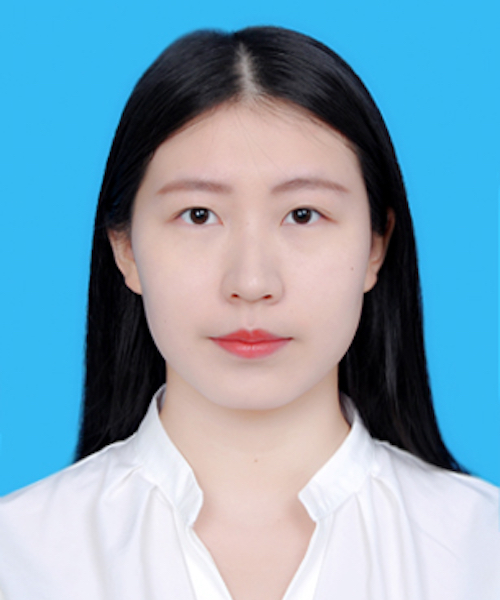
Zhaoqing Li | August 30, 2019

Ivan Solomon | August 29, 2019
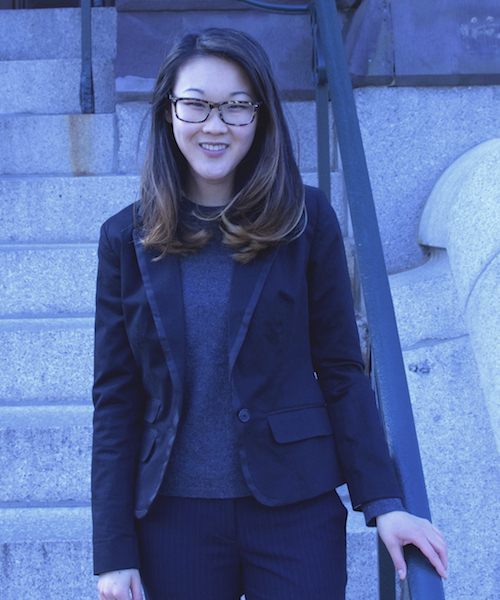
Jozanne Murphy | August 29, 2019
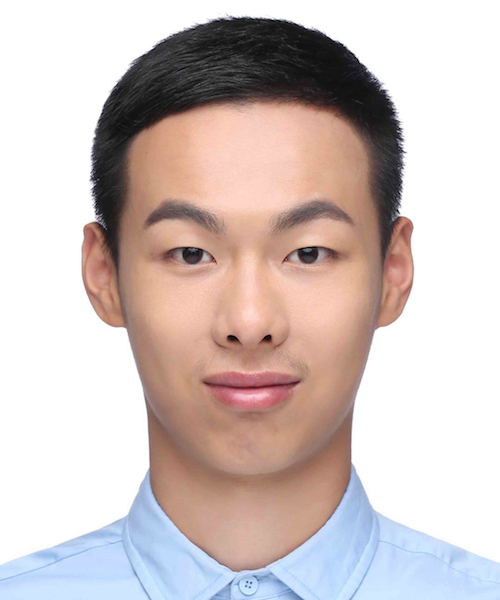
Xiaogu Xu | August 29, 2019
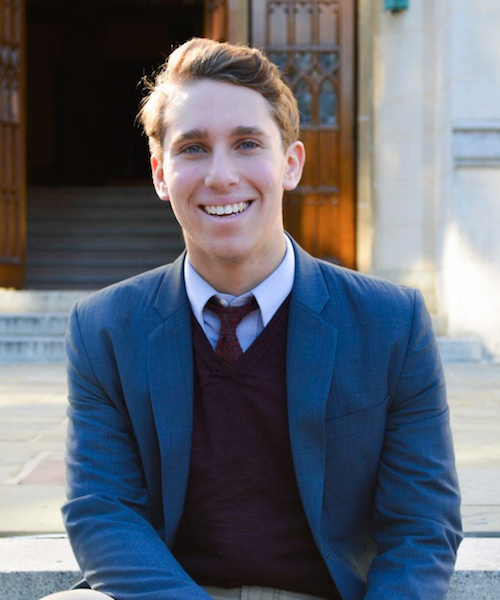
Aaron Baum | August 28, 2019

Chang Fan | August 28, 2019

Danny Li | August 28, 2019

Lakshmi Iyengar | August 28, 2019